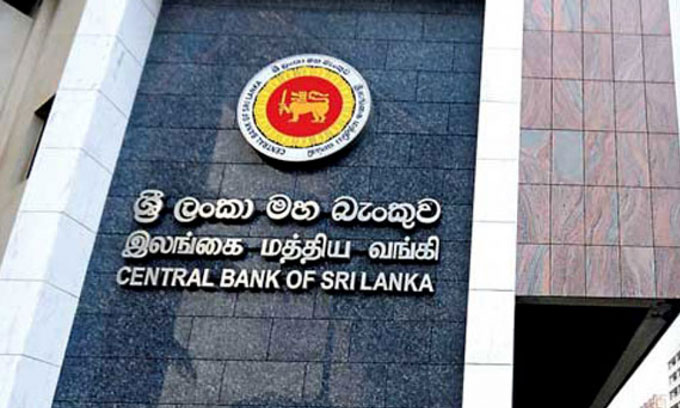(UTV | COLOMBO) – Sri Lanka has embarked on a focused path towards ensuring macro-economic and financial system stability, having faced strong headwinds from the COVID-19 pandemic.
The pandemic resulted in a substantial loss of foreign exchange revenues to the country, but unprecedented support provided by the Government and the Central Bank of Sri Lanka (CBSL), from fiscal, monetary and public health aspects, has helped a strong rebound of the economy as well as a considerable recovery in some foreign exchange earning sectors. The tourism sector is also expected to display a notable recovery in the period ahead, and concerted efforts are taken to improve worker remittance inflows through formal channels.
Recent tensions in the forex market have also highlighted the need for Sri Lanka to increase its reliance on foreign exchange earnings over time to strengthen the economy, rather than increasing its foreign borrowings which exposes the economy to various types of shocks.
In this context, in February 2021, the CBSL issued Rules under the provisions of the Monetary Law Act to reinforce the prevailing repatriation requirement on proceeds of merchandise exports and ensure the conversion of a given share of such proceeds within a
specific period of time. These Rules that had been based on similar rules of neighbouring countries, had been fine-tuned from time to time upon requests made by the business community, while those have also helped to ease foreign exchange liquidity issues faced by the domestic market to some extent, with a gradual improvement in repatriation and conversion of export proceeds. In addition, with mandatory sales of export proceeds converted under the aforesaid Rules by licensed banks, the CBSL has been able to purchase a reasonable quantum of forex from the market thus far during the year, which the CBSL has utilised to part-finance the import of essential commodities to the country during the past few weeks.
Under the new Rules issued on 28 October 2021, the minimum mandatory conversion rate of 25 percent has been relaxed, and instead, exporters have provided with the opportunity to utilise export proceeds for:
a) outward remittances in respect of current transactions;
b) withdrawal in foreign currency notes, as permitted;
c) debt servicing expenses and repayment of foreign currency loans;
d) purchases of goods and obtaining services including one-month commitments; and
e) payments in respect of making investments in Sri Lanka Development Bonds (SLDBs) in foreign currency up to ten per cent of the export proceeds, so received.
The residual after the utilisation of export proceeds as above will have to be converted into Sri Lanka Rupees. This method, followed by several other countries, ensures that exports with a large import content are not penalised, while enabling exports with a higher domestic value addition to convert a greater percentage of proceeds, after meeting foreign currency financial obligations of such enterprises.
In addition, considering the importance of the growing services export sector and the concessions provided to such sectors over time to expand their activities by the Government, the Rules have been extended to services exports as well. This coverage has been defined in the Rules as payments received in foreign exchange by a person resident in Sri Lanka for services (including professional, vocational, occupational, or business services) provided to a person resident outside Sri Lanka. Accordingly, remittances by Sri Lankan expatriates, which are not considered as services exports, will not be subjected to these Rules.
The implementation of the new Rules, which treat merchandise exports and services exports equally, is expected to provide greater foreign currency liquidity to the domestic market, ensuring the availability of foreign exchange for essential payments at a reasonable exchange rate by Sri Lankans, including the purchase of imported goods, overseas education, foreign travel and health expenses, etc. In addition, the Rules will enable the identification of the true “value addition” of each export sector of the economy, through the different ratios of conversion as reported by banks.
Exporters enjoy various tax concessions and other advantages provided by the Government in recognition of the net foreign exchange inflow to the country through their operations, and in consideration of the benefits accruing to the country when such proceeds are converted into Sri Lanka Rupees. Realisation of these anticipated outcomes will therefore enable the Government to continue the provision of concessions to such sectors. Full repatriation of foreign exchange earnings and improved conversion will also help ensure the stability of the exchange rate and support the stability of the macro-economy and the financial system.


